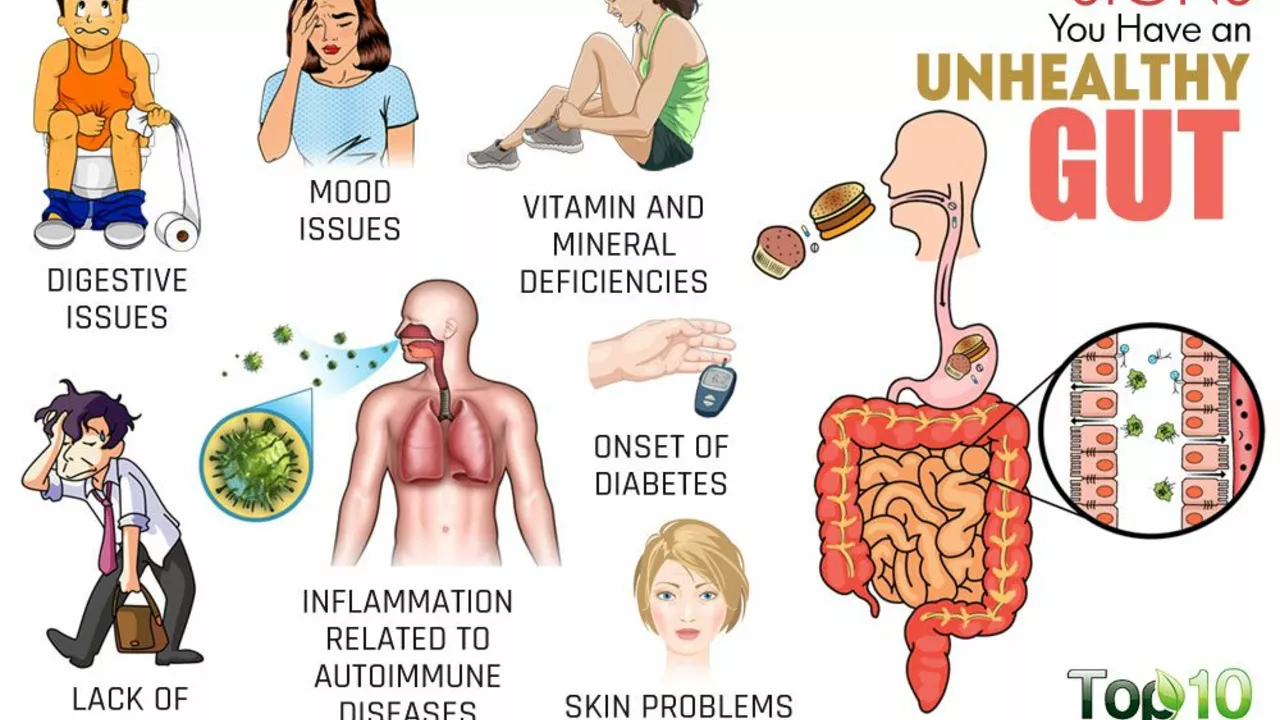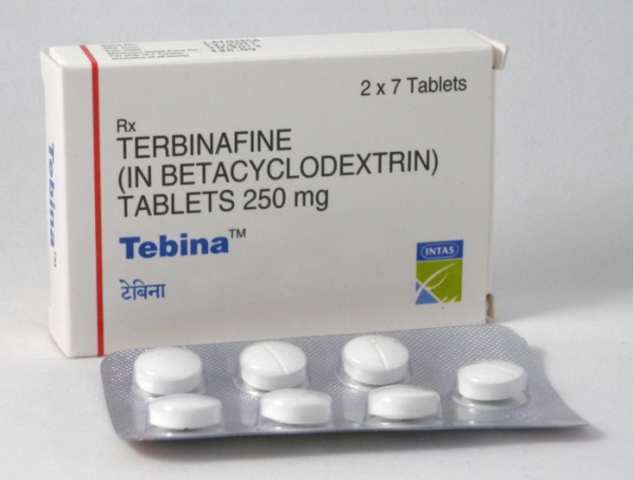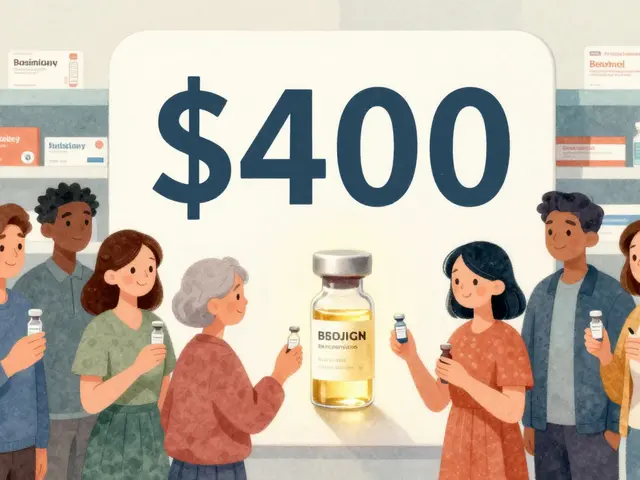Nutritional deficiencies: how to recognize them and what to do
Feeling tired, hair thinning, sore muscles, or brain fog? Those can be more than life stress—they often point to missing nutrients. This page helps you spot the common deficiencies, fix them with food first, and know when a test or a supplement is needed.
Common deficiencies and clear signs
Iron: low energy, pale skin, fast heartbeat, and heavy periods. If you’re short of breath on light activity, get checked. Vitamin B12: pins-and-needles, memory slips, and mood changes—especially if you follow a vegan diet or have stomach surgery. Vitamin D: low mood, bone aches, frequent colds, and weak muscles. Magnesium: muscle cramps, trouble sleeping, and anxiety. Sodium: low sodium (hyponatremia) can cause confusion, weakness, and falls—older adults are at higher risk; read our article on Hyponatremia in the Elderly for specifics.
Those are the usual suspects, but don’t forget iodine for thyroid issues, calcium for bone strength, and potassium for heart rhythm. Tests are the only sure way to know. If symptoms are new, severe, or getting worse, see your clinician for blood work.
Fixes: food first, then smart supplements
Food gives other benefits besides the nutrient itself—fiber, antioxidants, and satiety—so start there. For iron, eat lean red meat, beans, and vitamin C-rich fruit at the same meal to boost absorption. For B12, eat eggs, dairy, or fortified plant foods—or take a B12 supplement if you don’t eat animal products. For vitamin D, aim for safe sun exposure and fatty fish or fortified milk; many people still need a low-dose supplement, especially in winter.
Magnesium is in nuts, seeds, whole grains, and leafy greens. Potassium comes from bananas, potatoes, and beans. If food changes don’t help after a few weeks, a short course of supplements under medical advice is reasonable. Avoid high-dose supplements without testing—they can cause new problems or interact with medications.
Want deeper reading? Check our pieces on supplements and food sources like Lasuna: Garlic Supplement Benefits and Chestnuts vs Other Nuts for heart-friendly choices. If you’re on multiple meds or ordering online, read the pharmacy safety guides we publish before buying.
Quick checklist before you act: 1) Note exact symptoms and how long they’ve lasted. 2) Review your diet—any major restrictions? 3) Get targeted blood tests (iron panel, B12, vitamin D, electrolytes). 4) Try food changes for 2–6 weeks, then re-test. 5) If tests are abnormal, follow medical advice for dosing and follow-up.
Small changes often make a big difference. Food-first fixes improve energy and mood while lowering the need for pills. If you’re unsure which test to ask for, bring this checklist to your next appointment and ask your clinician what to check first.
26
Anemia and Autoimmune Diseases: The Impact of Nutritional Deficiencies on Immune Function
In my latest blog post, I've explored the connection between anemia, autoimmune diseases, and nutritional deficiencies. It's startling to realize how these deficiencies can actually impact our immune system's function. I've delved into how inadequate nutrition can lead to anemia and trigger autoimmune responses in the body. It's a must-read for anyone dealing with these health concerns or who wants to better understand the vital role nutrition plays in our overall health. So, come join me on this enlightening journey and let's take control of our health together.
Latest Posts
Popular Posts
-
 Meniere’s Diet: How Sodium Restriction and Fluid Balance Reduce Vertigo and Hearing Loss
Meniere’s Diet: How Sodium Restriction and Fluid Balance Reduce Vertigo and Hearing Loss
-
 Stinging Insect Allergy: What Venom Immunotherapy Really Does for You
Stinging Insect Allergy: What Venom Immunotherapy Really Does for You
-
 OTC Heartburn Medications: Antacids, H2 Blockers & PPIs Explained
OTC Heartburn Medications: Antacids, H2 Blockers & PPIs Explained
-
 Magnesium Supplements and Osteoporosis Medications: What You Need to Know About Timing
Magnesium Supplements and Osteoporosis Medications: What You Need to Know About Timing
-
 Enteral Feeding Tube Medication Safety: Compatibility and Flushing Protocols Explained
Enteral Feeding Tube Medication Safety: Compatibility and Flushing Protocols Explained



